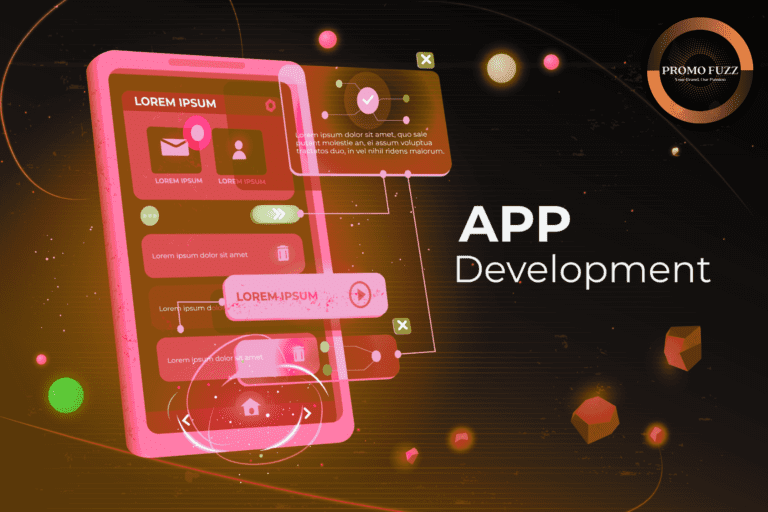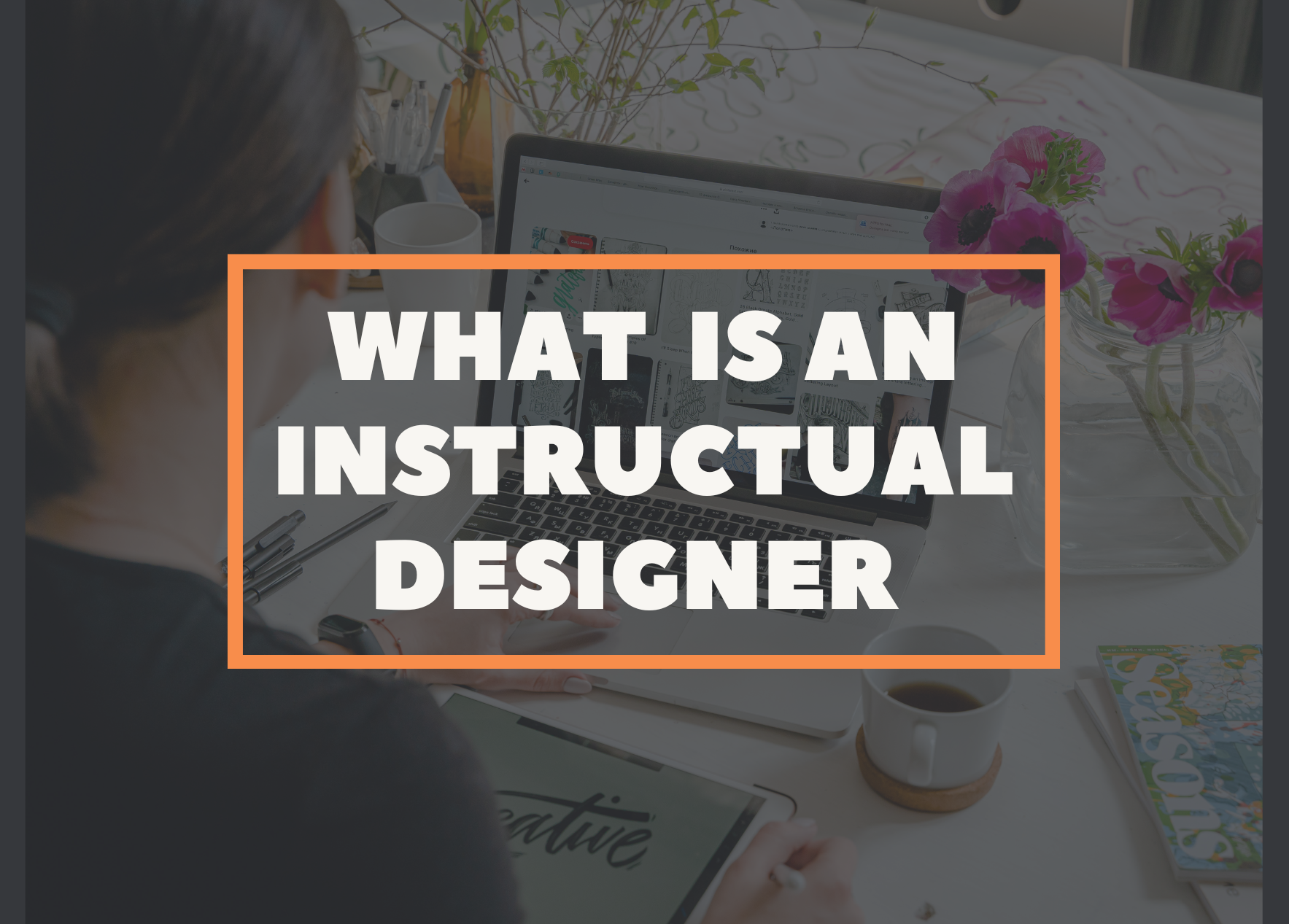Instructional designers are in high demand in today’s business world. Companies are always looking for ways to improve their employees’ productivity and efficiency. As an instructional designer, you can help them do just that.
The top 5 freelance instructional designer skills are:
As a freelance instructional designer, you must have excellent communication and networking skills. You will be working with clients from all over the world, and you need to be able to communicate effectively with them. You also need to be able to network with other professionals in the field. Let’s look at a few of the most important skills you can utilize to be a successful freelance instructional designer.
What Is an Instructional Designer?
The field of instructional design has its roots in educational psychology and performance improvement. Instructional designers use a variety of research-based methods to design instruction that meets the needs of learners and addresses specific learning objectives.
An instructional designer is a professional who designs, develops, and evaluates instructional materials and programs. They work with both educators and learners to create effective learning experiences.
Instructional designers typically have a background in education or a related field, such as human resources development, organizational development, or educational technology. There are an assortment of skills that instructional designers need, such as:
Here are some of the most practical skills that freelance instructional designers can use to be successful.
1. Networking Skills
As a freelancer, you need to be able to network with other professionals in your field. You never know when you’ll need to collaborate on a project or when someone will need your services. Make sure you attend industry events and meet as many people as possible.
Networking as a freelancer can be a bit tricky, and you need to be able to find the right balance between networking and self-promotion. Make sure you’re networking for the right reasons and that you’re not coming across as desperate.
2. Personal Branding
Personal branding is one of the most important things you can do as a freelancer. You need to make sure that you’re known for being an expert in your field. Start by creating a website and blog where you can showcase your work. Make sure to include testimonials from satisfied clients.
Personal branding is all about creating a positive image of yourself and your work. It’s important to be professional at all times and to always deliver quality work. Your brand should have a message that resonates with your target audience.
3. Research Skills
As an instructional designer, you need to be able to research new trends in the field of education and instructional design. This will help you create better materials for your clients. Make sure to stay up-to-date on the latest research so you can offer your clients the best possible service.
4. Content Creation
You will also be responsible for creating various instructional materials for your clients. This could include eLearning modules, training manuals, and blog posts. You need to have excellent writing and editing skills to be successful in this area.
Content creation is a lifeline for freelance instructional designers. Instructional designers must be able to produce high-quality content that is error-free and engaging. The better your content is, the more likely you are to get repeat clients.
5. Communication and Client Relations
Finally, you need to have excellent communication skills to be a successful instructional designer. You will be working with clients from all over the world, and you need to be able to communicate effectively with them. You also need to build strong relationships with your clients, so they keep coming back to you for your services.
Conclusion
As an instructional designer, you’re responsible for creating various instructional materials for your clients. This could include eLearning modules, training manuals, and blog posts. To be successful in this field, you need to have excellent communication skills, research skills, and content creation skills. You also need to be able to network with other professionals in your field and build strong relationships with your clients.
If you have these five skills, you’ll be well on your way to being a successful freelance instructional designer. Make sure to continue honing your skills and expanding your knowledge so you can offer your clients the best possible service.









